Hassle-Free Manage your complete Logistics operations
We working on Automation Logistics ERP end-to-end solution. our always priority to how to enhance Logistics operations by reducing operational time through using technology just as automatic reporting timing of shipments and so many things as well as we provide 24X7 working software who never goes down.
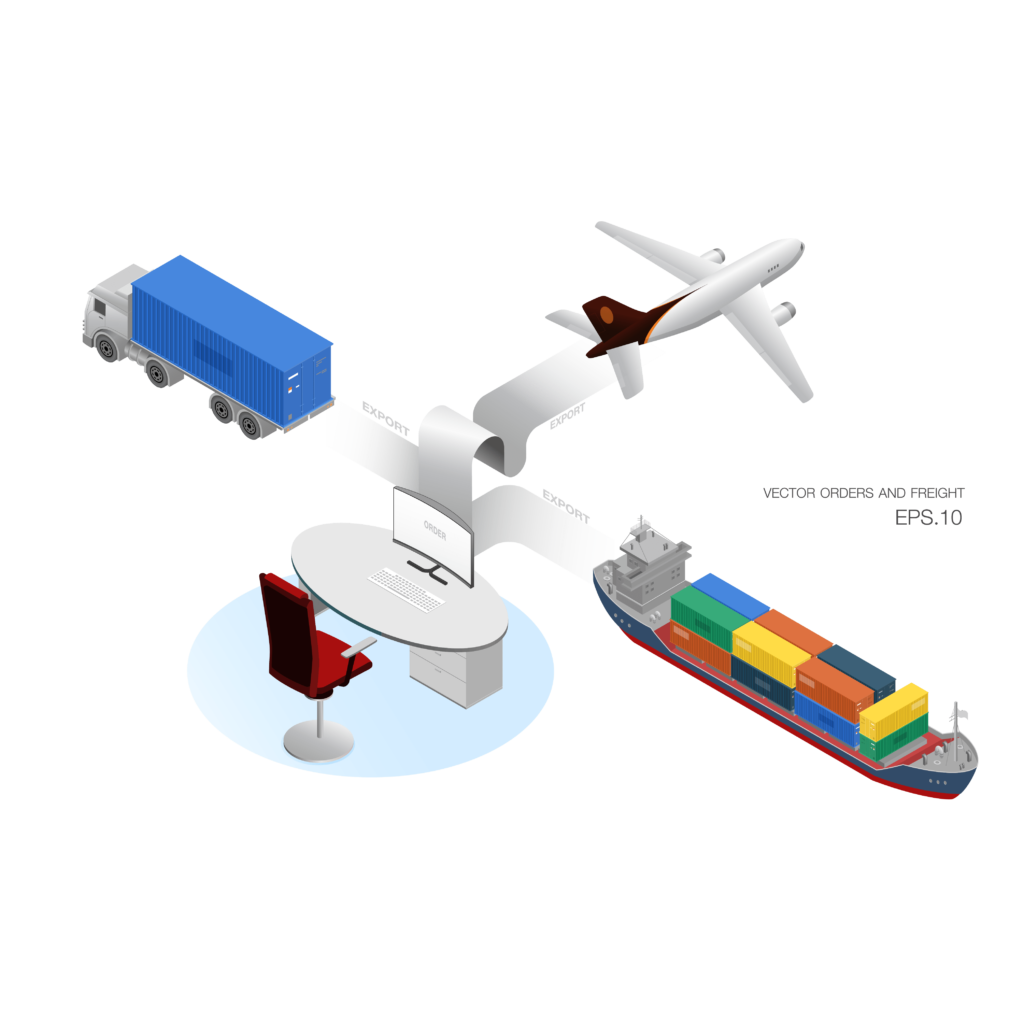
Our Logistics ERP complete Solution
Logistics
End-to-End Logistics Management Service
Fleet Hub
We provide Fleet Tracking, Analytics, Managemen
Vendor Management
Easy Vendor Management
warehousing Management
Inhance Inventory
CRM
CRM For customer Lead Management
HR Management
Complete HR Management for Payroll, Leave etc.
Customer Support
customer care Management service
Report
Every Detailed Report in Graphical Representation
Vehicle and Shipment Tracking with Automation Mode
We developed a smart shipment tracking Module where you can easily make Scheduling your shipments.
our ERP will automatically track and update location and generate reports on how many vehicles are late along with how many are on time through Driver App.
Apart from this admin can see driver history like their running time performance etcetera.
Different Shipping mode Management option

Road Transport
Trucks Tracking & Management
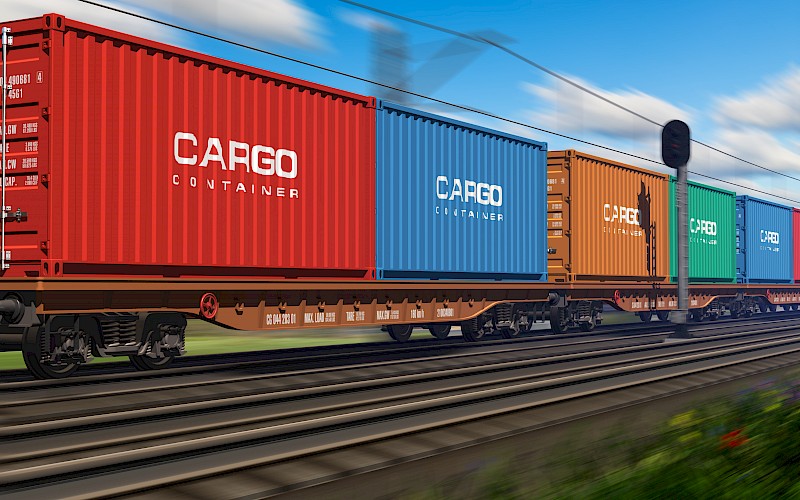
Rail Cargo
Dispatch your Shipment through Rail Cargo

Air Shipping
Air freight logistics Managemnet

Sea Freight
Ocean freight software for import and export operations
Third-party Logistics management solution
We provide the complete solution for third-party logistics services along with there for enhancements operations, we increase the efficiency of logistics service as well as our high priority to reduce hassle in transportation through technology. not only for increasing logistics operations but also increases shipment orders.
Some of our Key Features in Logistics Management solutions – – – – –
- Front Websites & new shipments Order Management
- Costing Management with the third-party vendor
- Availability of third-party Transport service
- Orders and share E-way bill, GR bill also Shipment insurance.
- Shipment live tracking with a driver app.
- Final Reporting.
Fleet Management solution
Our FleetHub ERP works for managing your vehicle movements. Movements and inspections can be undertaken by third-party Logistics Partners. Logistics Partners can search for jobs, accept and allocate to their own drivers to complete. you can connect orders and manage them through our CRM.
- Manage Your Fleet
- Automate Service
- Digital Service Logbook
- Driver's License On-go
- Positioning & Route Tracking
- Notification on Email & SMS
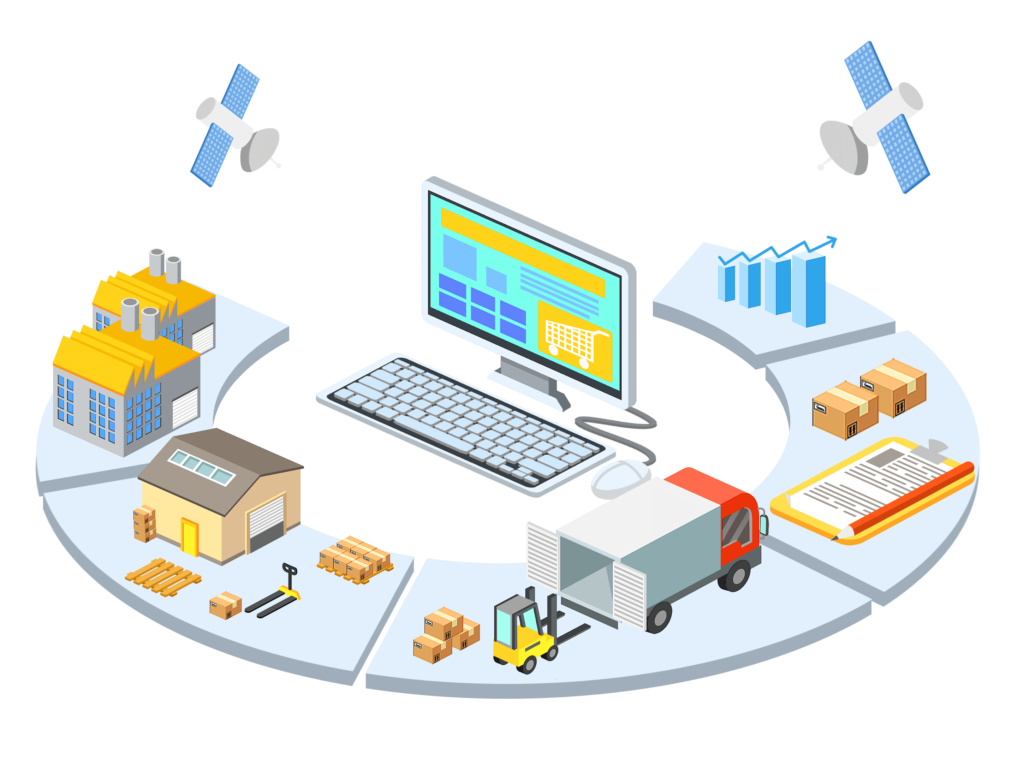
- Complete inventory visibility across yard locations and distribution centers.
- Ensure on-time deliveries and customer satisfaction.
- Make quick and actionable decisions.
- Reduce overall logistics and distribution costs.
Vendor Management solution
Vendor Information Management: A centralized repository for storing and managing vendor information, including contact details, performance history, and risk assessments.
Contract Management: Tools for managing vendor contracts, including contract creation, renewal, and tracking of key contract terms and obligations.
Performance Monitoring: The ability to track and evaluate vendor performance, including delivery and quality metrics, and to provide feedback and ratings.
Spend Management: Tools for tracking and managing vendor spending, including cost analysis, budget tracking, and invoice management.
Risk Management: Features for identifying and assessing vendor-related risks, including financial stability, security, and compliance.
Communication and Collaboration: Tools for communicating and collaborating with vendors, including message boards, shared calendars, and document management.
Reporting and Analytics: Customizable reporting and analytics tools to provide insights into vendor performance and spending, and to identify areas for improvement.
Integration: Integration with other business systems, such as procurement, finance, and supply chain management, to provide a seamless and efficient workflow.
Warehouse Management Solution
A Warehouse Management System (WMS) is a software solution designed to support and optimize warehouse operations. Here are some key features that a typical WMS may include:
Inventory Management: Keeps track of the quantities, locations, and movement of products within the warehouse.
Order Fulfillment: Automates the process of picking, packing, and shipping orders to ensure accuracy and speed.
Barcode Scanning: Enables the use of barcode scanning devices for faster and more accurate data collection.
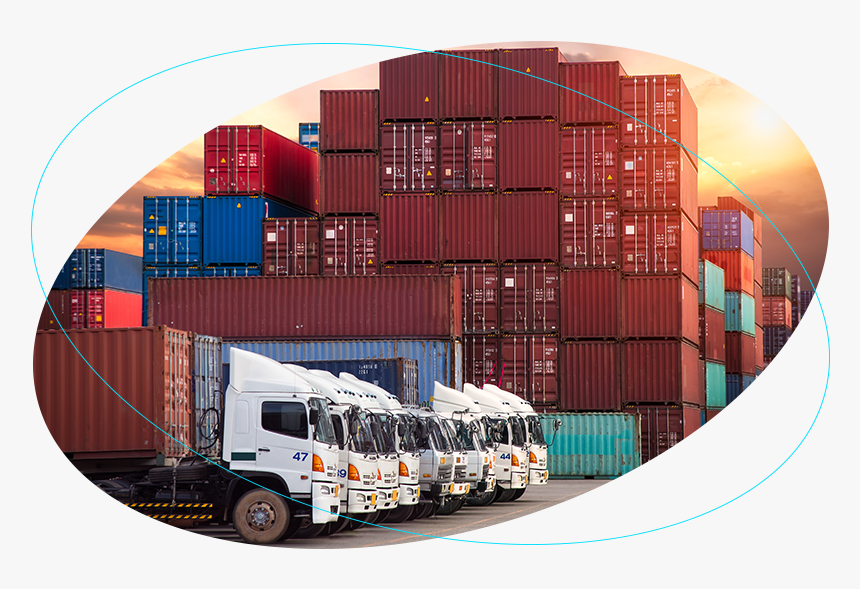
Real-time Tracking: Provides real-time visibility into the status of orders, inventory levels, and the location of products within the warehouse.
Warehouse Planning and Optimization: Helps plan and optimize the use of warehouse space, including the storage and retrieval of products.
Labor Management: Supports the management of warehouse labor, including scheduling, time and attendance tracking, and task assignments.
Shipping and Receiving: Automates the shipping and receiving processes, including the recording of deliveries, tracking of shipments, and reconciliation of receipts.
Reporting and Analytics: Generates reports and analytics on warehouse operations, including inventory levels, order fulfillment, and labor productivity.
Mobile Support: Provides mobile access to WMS functions, enabling users to perform tasks on the go using mobile devices.
Integration with Other Systems: Integrates with other enterprise systems, such as ERP, CRM, and e-commerce platforms, to provide a comprehensive view of warehouse operations and customer orders.
Warehouse Management Solution
Human Resource (HR) Management is a critical function of any organization, and a good HR management system can help streamline HR processes and improve efficiency. Here are some key features of an HR management system:
Employee Information Management: Centralized storage of employee information, including personal and job-related details, emergency contacts, and performance records.
Recruitment and Onboarding: Automated recruitment processes, including job postings, resume management, and candidate tracking. Onboarding processes for new hires, including orientation and paperwork management.
Time and Attendance Tracking: Automated time and attendance tracking, including shift scheduling, leave management, and overtime tracking.
Performance Management: Tools for performance evaluation, goal setting, and feedback management to help organizations develop their employees and improve performance.
Compensation and Benefits Management: Management of employee compensation, including salary, bonuses, and benefits.
Compliance Management: Tools for ensuring compliance with labor laws and regulations, including tracking of required forms, records, and reports.
Reporting and Analytics: Generates reports and analytics on HR-related data, including employee turnover, diversity, and compensation trends.
Self-Service Portal: A web-based portal that allows employees to access and manage their own information, request time off, and view pay stubs and tax forms.
Mobile Support: Mobile access to HR management functions, enabling employees and HR managers to perform tasks on the go using mobile devices.
Integration with Other Systems: Integration with other enterprise systems, such as payroll and benefits systems, to provide a comprehensive view of HR operations.
Frequently asked questions in Logistics Management Software
- Improved visibility into logistics operations
- Increased efficiency and cost savings
- Better inventory management and control
- Enhanced customer satisfaction
- Real-time data and analytics for informed decision making
- Shipping and receiving management
- Warehouse management
- Inventory management
- Route planning and optimization
- Carrier management
- Real-time tracking and visibility
- Reporting and analytics
- Mobile support
- Integration with other systems
- Logistics management software can help optimize routes by considering factors such as delivery time, transportation cost, and fuel efficiency.
- The software can also take into account real-time traffic and weather conditions, helping to ensure that deliveries are made on time and with minimal disruptions.
- Yes, logistics management software can often integrate with other systems, such as enterprise resource planning (ERP) and customer relationship management (CRM) systems, to provide a comprehensive view of logistics operations.
- Logistics management software can help manage inventory by tracking inventory levels, setting reorder points, and generating reports on inventory performance.
- This can help organizations avoid stockouts, reduce overstocking, and optimize inventory levels to improve overall efficiency.
- Logistics management software can help manage carriers by tracking shipments, comparing carrier performance, and selecting carriers based on criteria such as cost, speed, and reliability.
- This can help organizations find the best carriers for their needs, improve carrier performance, and reduce transportation costs.


